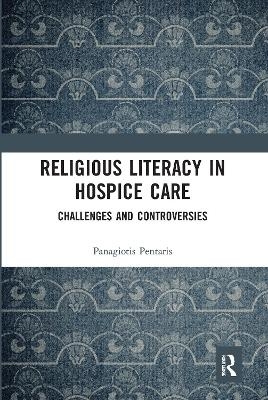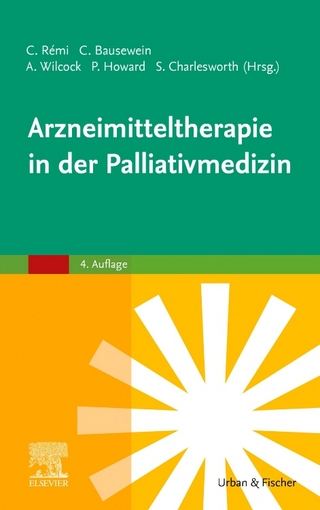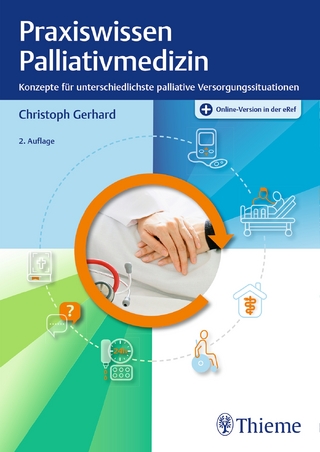
Religious Literacy in Hospice Care
Routledge (Verlag)
978-0-367-58514-3 (ISBN)
Using religious literacy as a framework, the author explores how healthcare professionals in hospice care respond to religion, belief and spiritual identities of service users. Part 1 provides a comprehensive account of the content and history of the place of religion, belief and spirituality in hospice care. Part 2 examines how these topics are negotiated in hospice care by looking at three key areas: environment, professional practice and organisation. Part 3 proposes a religious literacy model applicable to hospice care and explores implications for practice and policy. Lastly, the author identifies future trends in research, policy and practice.
Drawing on a range of theories and concepts and proposing a working model that can impact the training of future and current professionals, Religious Literary in Hospice Care should be considered essential reading for students, researchers and practitioners.
Panagiotis Pentaris is a Senior Lecturer for the Department of Psychology, Social Work and Counselling at the University of Greenwich. He is also a Postdoc Research Fellow for the Faiths & Civil Society Unit at Goldsmiths, University of London. Panagiotis is a thanatologist, as well as a qualified social worker with specialty in hospice social work and clinical social work in end of life care. His research stretches from death policies to professional practice, and he has researched extensively about religion, belief and spirituality in end of life care.
List of figures
List of tables
Acknowledgements
List of abbreviations
Introduction
Conversations about death
Spiritual care
Introducing this book
Overview of the chapters
References
PART I
Hospice care and changing religious landscape
1 Religion, belief and spirituality in hospice care
Introduction
Hospice movement
Spirituality and hospice care
The spiritual dimension of modern hospice care
In summary
References
2 Religion and belief: A changing landscape
Introduction
Migration
Religious plurality and diversification
Religious decline, secularisation and desecularisation
Secularisation and professional practise
Implications of religious plurality
References
3 Tracing religion in health and death policy
Introduction
What policy says about religion and belief in dying
Religion and belief in healthcare: A new design
Concluding thoughts
References
PART II
Negotiating belief in hospice care
4 Belief in the space
Introduction
Religion and materiality
Religion and belief in the space
Concluding thoughts
References
5 Hospice professionals and religion
Introduction
Separating religion from spirituality
The role of religion in society
Religion, belief, spirituality and dying
The role of religion, belief and spirituality for service users
References
6 Hospice professionals and religious literacy
Introduction
Knowledge and understanding of religion and belief
Skills and abilities to engage with religion and belief
References
7 Integrating religion and belief in hospice care
Introduction
Death and health policies
Assessments
Neutral spaces
Religious networking
Commemorative practises
Concluding thoughts
References
PART III
Religious literacy in hospice care
8 Religious literacy in hospice care
Introduction
Religious literacy in hospice care
Religious literacy model for hospice care
Concluding note
References
Conclusions
Implications for social policy
Implications for professional practise
Final thoughts
References
Index
| Erscheinungsdatum | 01.07.2020 |
|---|---|
| Verlagsort | London |
| Sprache | englisch |
| Maße | 156 x 234 mm |
| Gewicht | 453 g |
| Themenwelt | Geisteswissenschaften ► Religion / Theologie |
| Medizin / Pharmazie ► Gesundheitswesen | |
| Medizin / Pharmazie ► Medizinische Fachgebiete ► Palliativmedizin | |
| ISBN-10 | 0-367-58514-6 / 0367585146 |
| ISBN-13 | 978-0-367-58514-3 / 9780367585143 |
| Zustand | Neuware |
| Haben Sie eine Frage zum Produkt? |
aus dem Bereich


